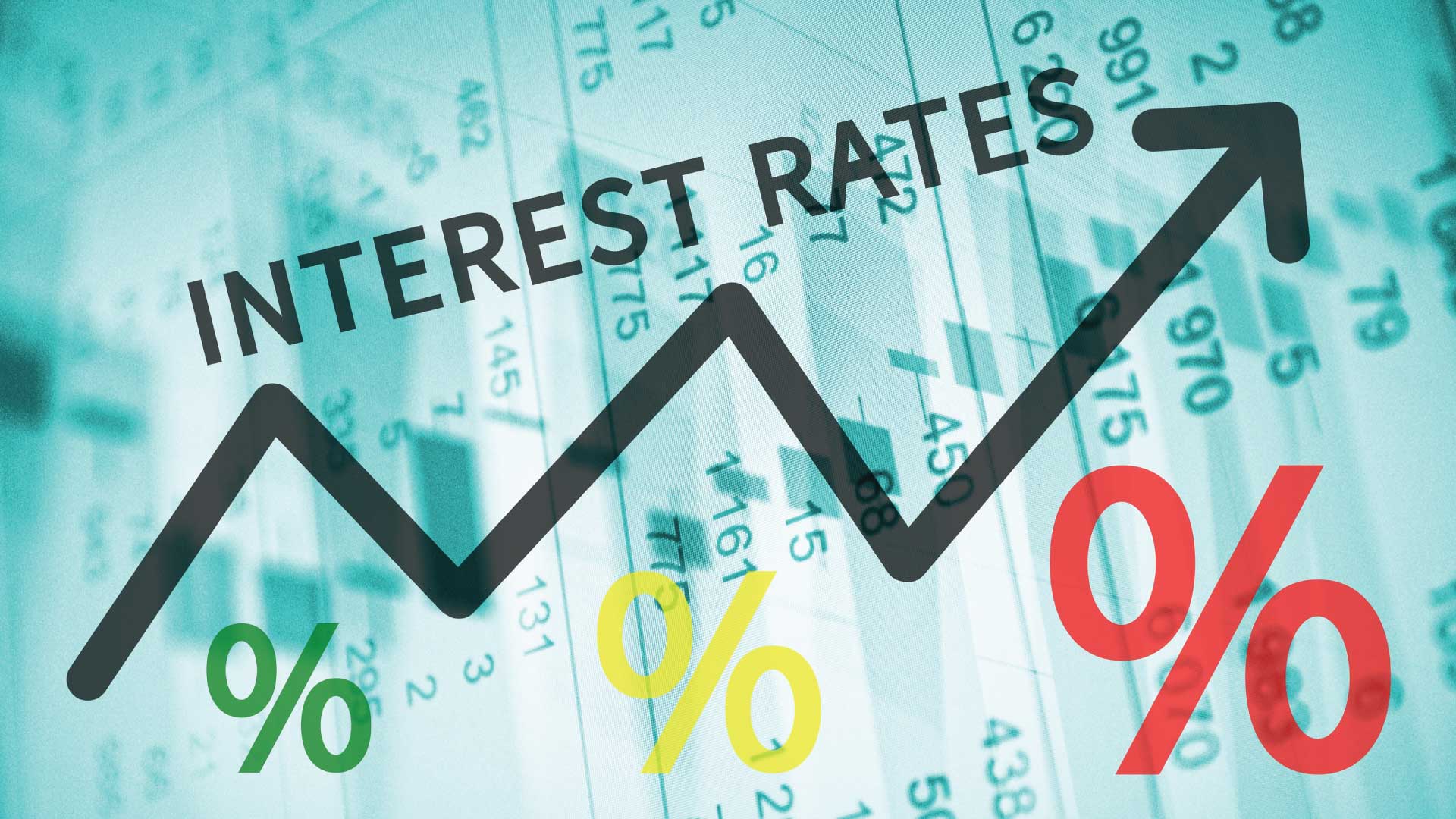The Federal Reserve has decided to crank up the interest rates, and it's leaving a bitter taste in the mouths of many. As the economic gears shift and the cost of borrowing rises, businesses, consumers, and the financial landscape find themselves grappling with the consequences. We'll dive into the recent interest rate hikes by the Federal Reserve, examining the reasons behind them and exploring the frustrations they bring to the table.
The Federal Reserve justifies its interest rate hikes as a means to control inflation. Sure, we don't want prices spiraling out of control, but is this move truly necessary? It feels like they're throwing a wrench into the works without fully considering the potential fallout. Couldn't they find a less burdensome way to tackle inflation?
Hold on to your wallets, people, because the cost of borrowing is about to hit us where it hurts. With interest rates on the rise, loans, mortgages, and credit card debts are becoming increasingly expensive. It's discouraging to see our hard-earned money slip away into the hands of lenders. The dream of starting a business, buying a home, or even taking a vacation suddenly feels far out of reach.
When interest rates soar, businesses bear the brunt of the burden. It's hard enough to navigate the ever-changing economic landscape, and now businesses have to contend with higher borrowing costs too. This stifles investment, innovation, and expansion. How can we expect businesses to thrive and create jobs when they're weighed down by the heavy chains of elevated interest rates?
Brace yourselves for the chaos that ensues in the financial markets. Rising interest rates inject uncertainty and fear into the hearts of investors. Stock markets shudder, as higher borrowing costs dampen corporate profitability. This type of uncertainty brings about heightened emotions, leaving many with frayed nerves and diminished confidence in the stability of the markets.
Let's not forget about the impact on everyday consumers. Higher interest rates mean reduced spending power. It's frustrating to tighten our belts, cut back on discretionary expenses, and watch our budgets shrink. Whether it's postponing that much-needed home renovation or putting off purchasing a new car, the rising interest rates pinch us where it hurts the most.
It's disheartening to see the uneven impact of these interest rate hikes. While the intent may be to control inflation and promote stability, the burden falls disproportionately on those the poorest among us. Low-income individuals and small businesses, already struggling to make ends meet, face an even greater uphill battle when the cost of borrowing becomes prohibitive.
As the Federal Reserve raises interest rates, a sense of frustration settles in. The burden of higher borrowing costs weighs heavily on businesses, consumers, and the overall economy. While the intent may be to control inflation and maintain stability, one cannot help but question the necessity and potential consequences of these moves. Perhaps it's time for a more balanced approach, one that considers the needs and challenges of all stakeholders. After all, a healthy economy is one that lifts us all, not just those at the top.

